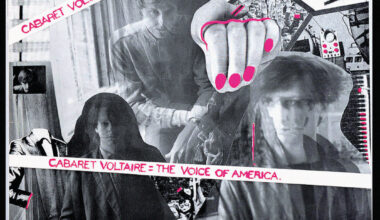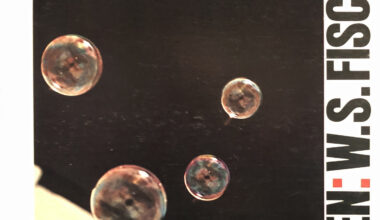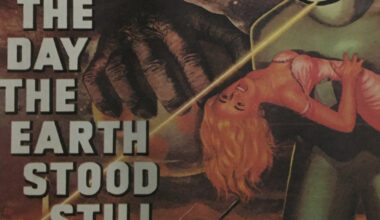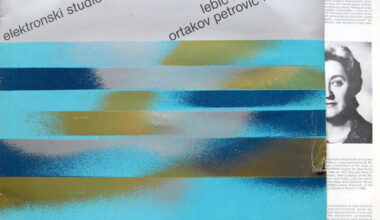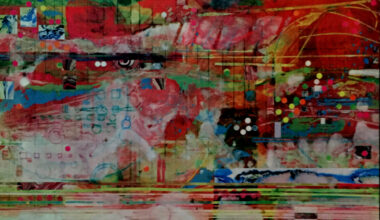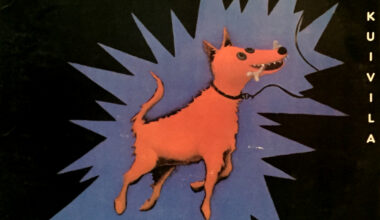Settle down, settle down. This month’s lesson is all about a rare and very collectible boxset of electronic music from New Zealand, put together by the country’s most renowned composer, Douglas Lilburn

This boxset was released in 1975 and was a collection of the best electronic music being produced in New Zealand, in the studio set up by Douglas Lilburn. There are three discs, with music from six composers, and a booklet. There’s a copy of this on eBay at the moment for £1,000. It’s been there for a while, but the seller’s not changing his price. I’ve seen it go for $500. I got my copy in the 90s for $80, which seemed like a lot then.
Douglas Lilburn started the first electronic studio in New Zealand in the 1960s. He was already known as a classical composer, he’d been taught composition at the Royal College of Music in London by Vaughan Williams and stayed friendly with him throughout his life. He started experimenting with electronic music with an oscillator he borrowed from the physics department of the Victoria University of Wellington where he was a professor. When he was later commissioned to create some new music for a play by the New Zealand Broadcasting Company, he set off to learn about electronic music.
He visited Canada and met Myron Schaeffer in Toronto and looked at the studio in the university there, and then flew to New York and was shown the massive RCA Synthesiser II. In London, he went to the Radiophonic Workshop. He found that the Workshop’s director, Desmond Briscoe, wasn’t interested in composers, but he did meet Daphne Oram. He describes her as “charming” in the boxset’s booklet and went to her studio, which was in a converted oast house in the garden of her house in Kent. He went back to Canada and worked in the studio there for a few months, before heading back to New Zealand and talking the authorities into funding the building of a studio at the university.
He inspired a lot of New Zealand-based musicians to make electronic music, and they did it much better than anyone in Australia or even the UK. The other composers featured on the boxset are John Rimmer, Ross Harris, Ian MacDonald, John Cousins, and Jack Body. Sadly, Jack Body died earlier this year. They were all supported by the New Zealand government to a greater or lesser degree, and were able to create electronic music the equal of anything being produced anywhere in the world.
Lilburn died in 2001, he was in this 80s. All his electronic compositions are really good. There’s a great film of him working in the studio creating a piece using bird sounds. Some of the birds are extinct, so he was making up their calls using electronic sources. I went to his house when I visited New Zealand. It’s been turned into an artist-in-residence studio. His contribution to electronic music tends to be overshadowed by his orchestral work and isn’t discussed that much, but it should be.
Watch the video
Douglas Lillburn ‘Poem In Time Of War’ (1967)
www.youtube.com/embed/hw3p4M0CWnI
